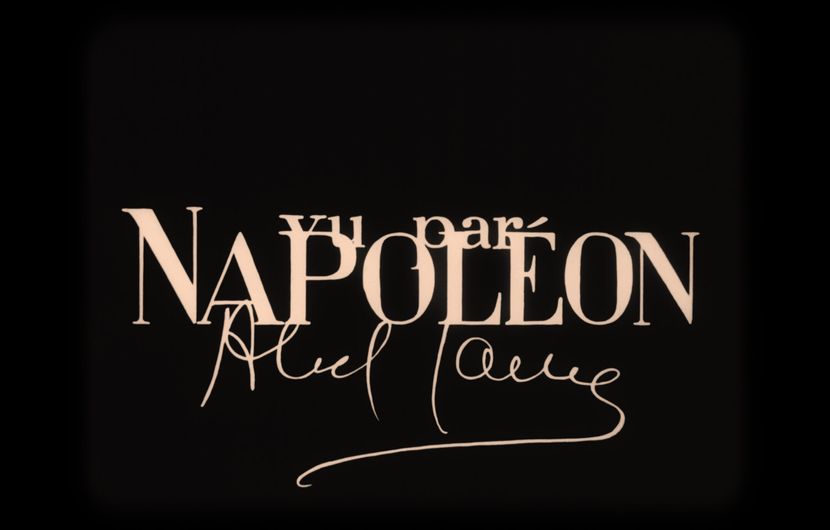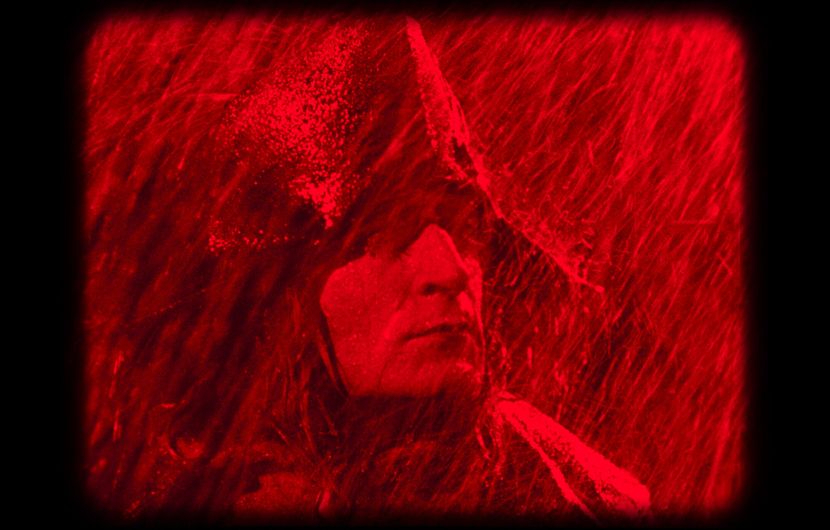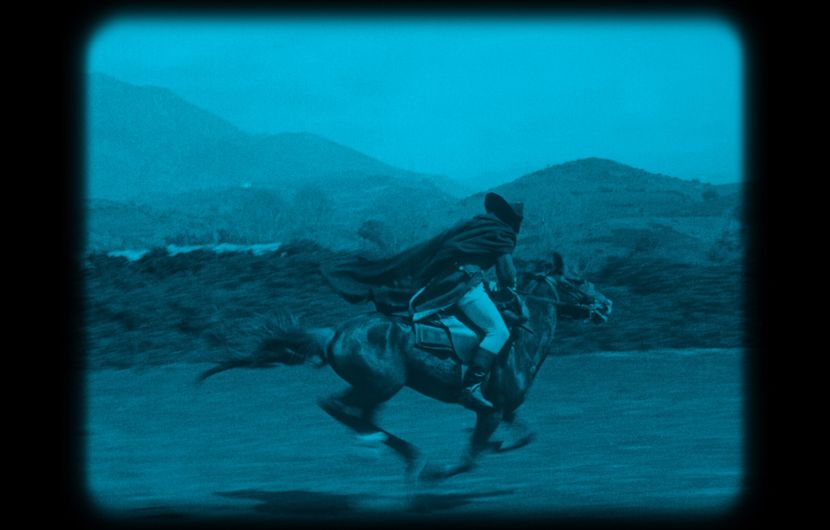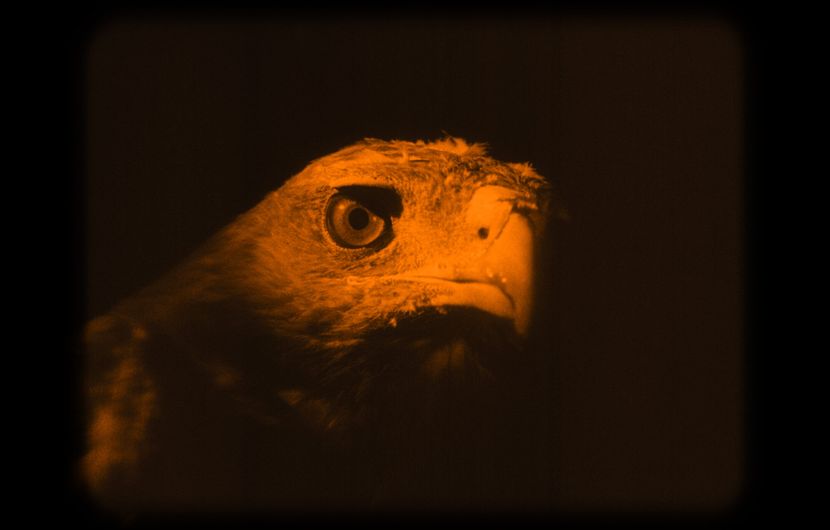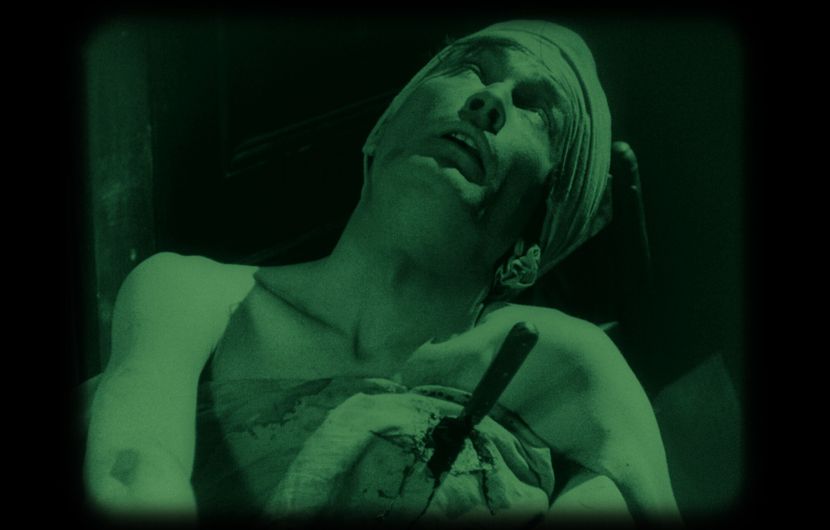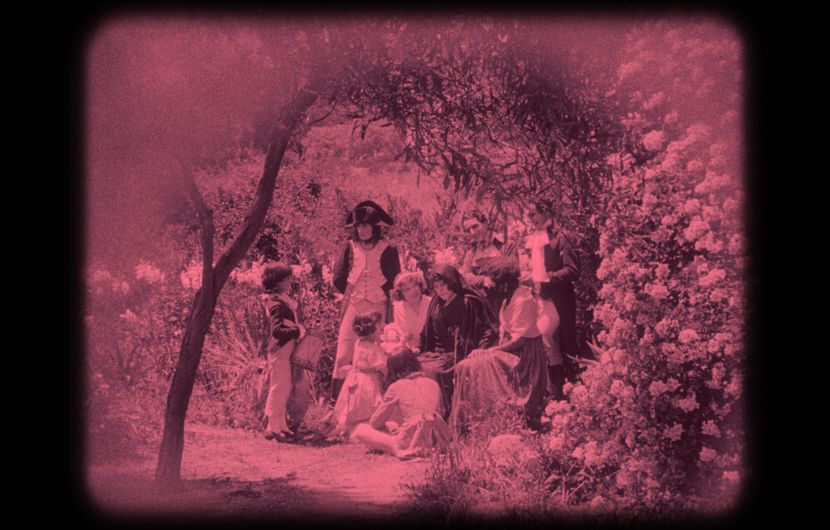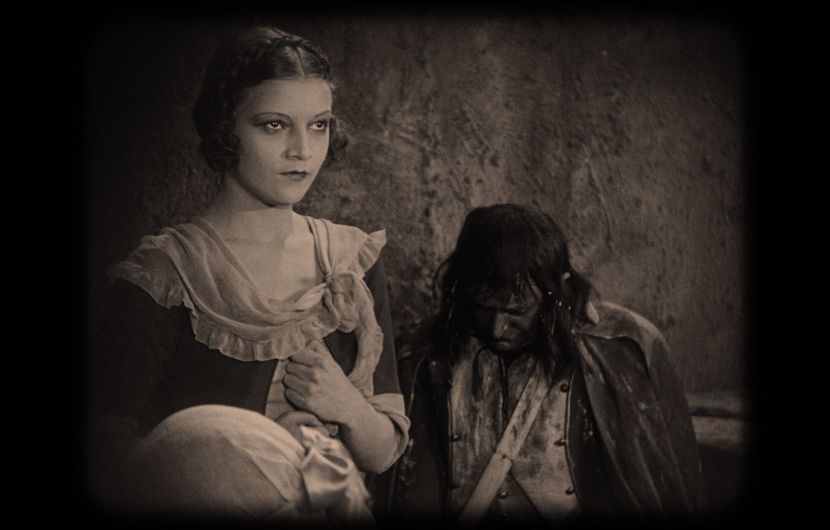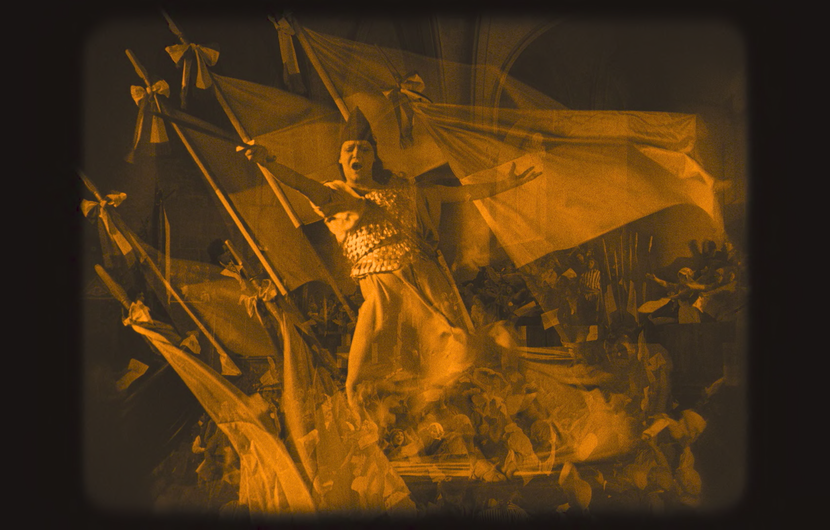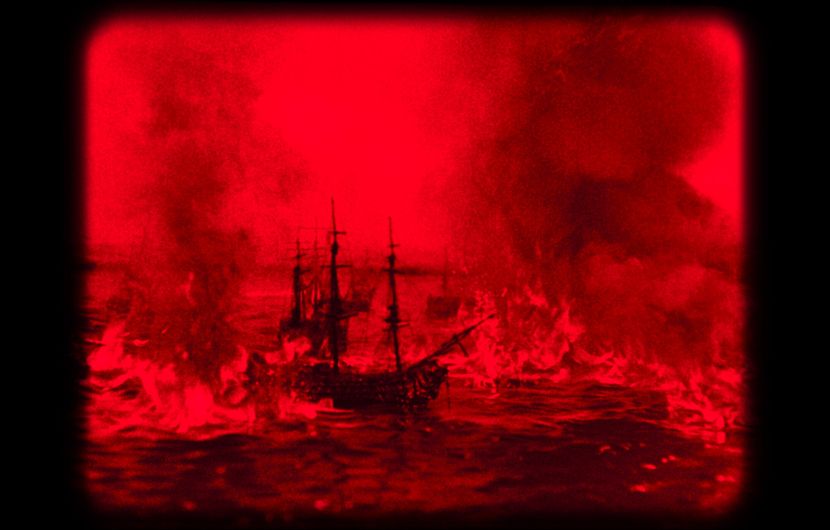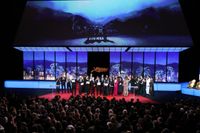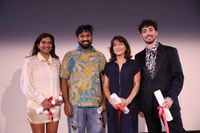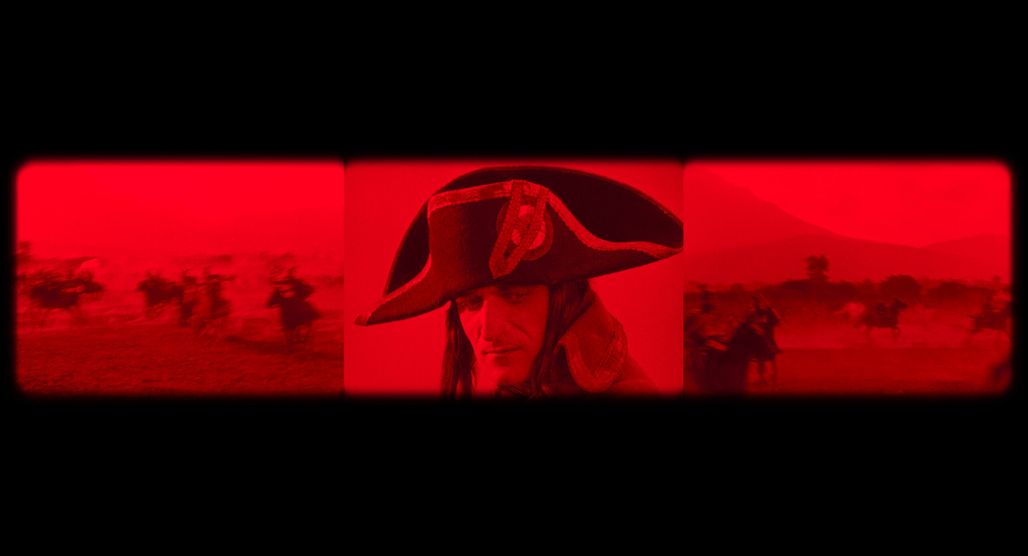
Napoléon by Abel Gance (1st period) opening Cannes Classics at the 77th Festival de Cannes

A legend known to cinephiles the world over, a major work of the silent era, one of the most monumental restorations in the history of filmmaking will be unveiled on May 14 as a world premiere: Napoléon by Abel Gance (1st period), in a version resulting from a colossal, passionate effort by the Cinémathèque française, with the support of the CNC.
It has taken more than sixteen years to bring Abel Gance’s masterwork back to life. The film-opera extravaganza has gone through an epic saga to regain its integrity and glory.
Various sources were used to rediscover the original storyline for this extraordinary reconstruction of the 7-hour film, divided into two eras. Reels were found at the Cinémathèque française, the CNC, the Cinémathèque de Toulouse and the Cinémathèque de Corse, as well as in Denmark, Serbia, Italy, Luxembourg and New York. Georges Mourier and his team worked frame-by-frame and reviewed nearly 100 kilometers of film. Director Abel Gance’s editing notes and correspondence with his editor, found at the BNF, made it possible to re-edit the film in its original version.
In 1927, Napoléon by Abel Gance was as ambitious as its subject: it used multiple technical and aesthetic innovations such as horse-mounted cameras and the famous triptych ending, on three screens simultaneously. With its grandiose cast and thousands of extras, the film amazed audiences and critics alike when it premiered at the Paris Opera on April 7, 1927, in the presence of French President Gaston Doumergue and Marshals Foch and Joffre. It then embarked on a world tour.
With the advent of talking pictures, the reels were scattered across the globe, some lost or destroyed. The film was then recut and mutilated many times over — with 22 different versions known to date. In the 1980s, Abel Gance’s film fascinated filmmakers Claude Lelouch and Francis Ford Coppola, as well as the great silent historian Kevin Brownlow and Costa-Gavras, President of the Cinémathèque française. It has not been shown in its original version, known as the “Grande Version”, since 1927.
The first part, with a running time of 3 hours and 40 minutes, will be presented as the pre-opening event at the Festival de Cannes and as the opening film of Cannes Classics.
The film will then be shown in its entirety with an exceptional live performance of the film score, with 250 musicians from Radio France at the Seine Musicale in Paris on July 4 and 5, as well as at the Radio France festival in Montpellier, and then at the Cinemathèque française and in summer festivals. It will be released in French cinemas at a later date and will be shown on France Télévisions and Netflix.
The Festival de Cannes is proud to be the venue for the rebirth of Napoléon by Abel Gance, a monument of the 7th Art, almost 100 years after its creation.
Napoléon by Abel Gance (1927)
Reconstructed and restored by the Cinémathèque française, with the support of the CNC (French Ministry of Culture), under the direction of Georges Mourier, with the Éclair Classics/L’Image Retrouvée laboratory.
Musical setting by Simon Cloquet-Lafollye, performed by Benjamin Bernheim, tenor, the Orchestre National de France, the Orchestre Philharmonique and the Chœur de Radio France, conducted by Fabien Gabel.
